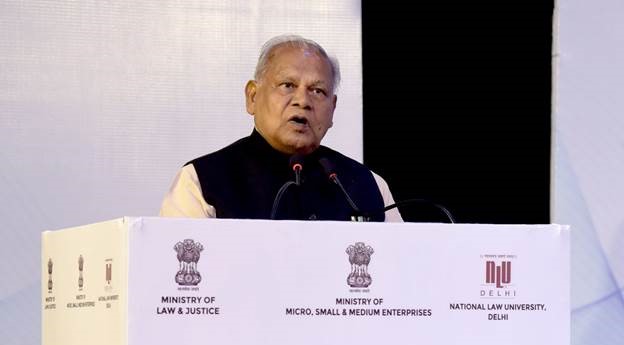The Karnataka government is taking a big step to help gig workers, such as delivery riders and cab drivers who work for platforms like Swiggy, Zomato, Ola, and Uber. According to recent reports, the state has set up special working groups to decide how much these companies should pay as a welfare fee for every job done by gig workers.
What is the Welfare Fee?
The welfare fee is a small amount that platforms will have to pay for each delivery or ride completed by a gig worker. This fee is expected to be between 1% and 5% of the payment made to the worker for each job. The money collected from this fee will go into a special fund meant to support gig workers.
Why is this Important?
Many gig workers do not get benefits like health insurance, accident cover, or retirement savings, which regular employees usually receive. By collecting a welfare fee from platforms, the government wants to create a fund that can be used to provide these benefits to gig workers.
Who is Deciding the Fee?
The working groups set up by the government include representatives from gig platforms, technology companies, think tanks, and government officials. Their job is to suggest the exact percentage for the welfare fee and recommend how the money should be used to help gig workers.
What Happens Next?
The government has asked all stakeholders, including companies and worker groups, to share their suggestions on the draft rules within a month. After considering all the feedback, the government will announce the final rules. The welfare fund is expected to start by the end of August.
Why Does This Matter?
Karnataka is one of the first states in India to take such a step for gig workers, following the example of Rajasthan. The new rules could benefit around five lakh gig workers in Karnataka who work in ride-hailing, food delivery, and e-commerce.
This move is seen as a positive step towards giving gig workers better protection and support, making their work more secure and rewarding.
ALSO READ : ET Soonicorns Summit 2025 Set for August 22 in Bengaluru: AI Takes Center Stage























